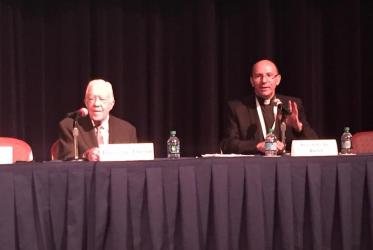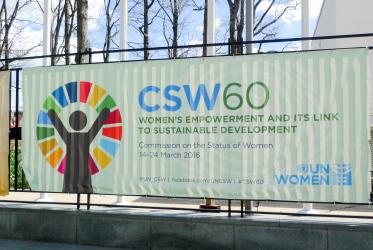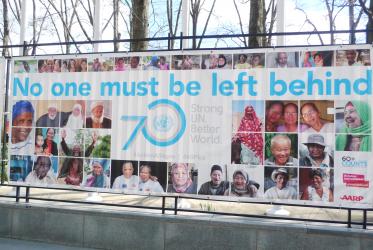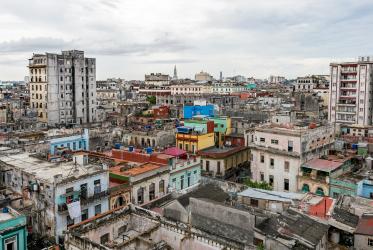Displaying 421 - 440 of 581
USA Racial Justice Accompaniment Visit
18 April 2016
Voices from HIV workshop reflect deep impact
07 April 2016
International affairs facilitator reflects on pilgrimage
31 March 2016
WCC hails historic visit of US leader to Cuba
23 March 2016
Religious leaders as agents of peace in the Americas
02 March 2016







